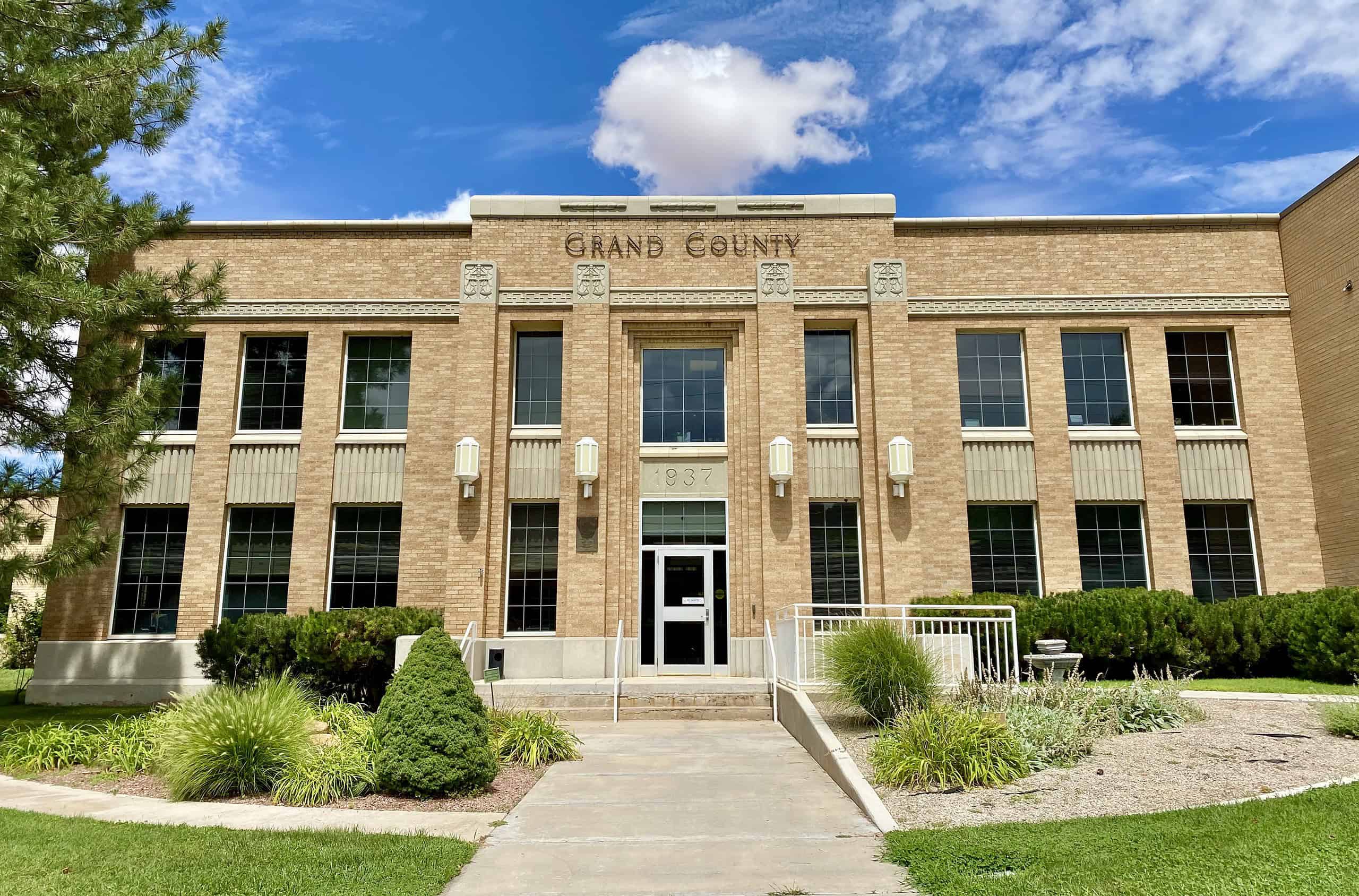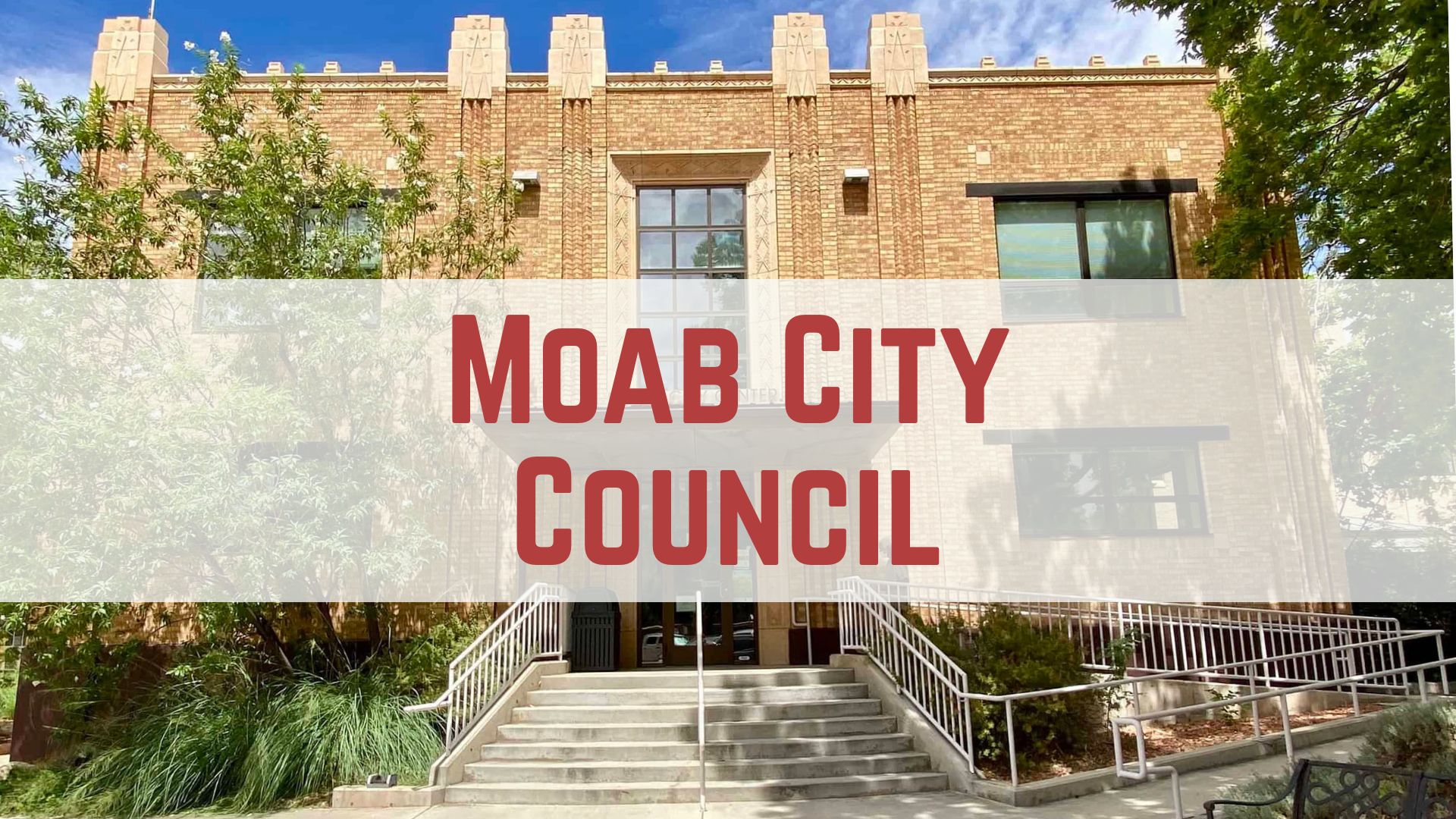Some information may be outdated.
At its Sept. 20 meeting, the Grand County Commission unanimously approved the allocation of various funds to five special service districts that offer critical services to the community. The vote follows presentations and budget requests from the districts at the last commission meeting.
The county has several funding sources to allocate: the rural healthcare sales tax, mineral lease monies from different state entities, and “payment in lieu of taxes,” or PILT, from the federal government and the state. The county can’t use any of these funds itself; in the case of the healthcare sales tax, only healthcare providers are eligible to use those funds, and in the cases of PILT and mineral lease monies, the county is allocated its own share of those, with other portions set aside for special service districts.
County Strategic Director Chris Baird explained that he was bringing these budget recommendations to the commission ahead of the rest of the county budget because the districts involved aren’t able to draft their own budgets until they know how much they can plan on receiving through these allocations.
Funding for most of the districts—Recreation, Solid Waste, Transportation, and Grand County School districts—were allocated funding similar to last year. The Emergency Medical Services and Canyonlands Healthcare special service districts agreed between themselves to shift the split of the healthcare sales tax differently than last year. Last year, Canyonlands Healthcare received 60% of the tax revenue, and EMS received 40%; this year, they’re splitting the tax with 57% going to Canyonlands Healthcare and 43% going to EMS.
“This is the least tug-of-war that this body’s dealt with since this tax was approved, so with that in mind, I don’t want to tweak it from how they presented it,” sad Commissioner Evan Clapper before moving to approve the proposed healthcare sales tax allocation.
Appreciate the coverage? Help keep local news alive.
Chip in to support the Moab Sun News.





